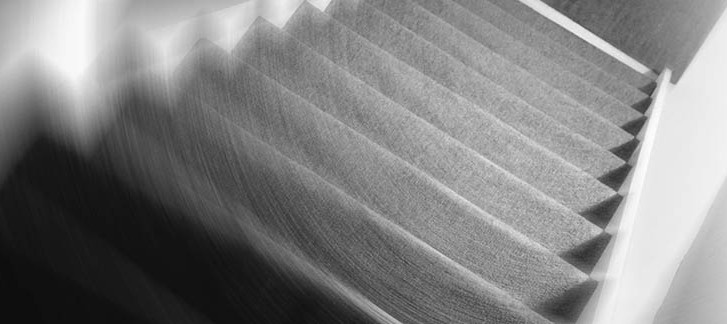The Oldest Old: 85 years and older—prevention of falls is key
For those of you 85 years and older—congratulations on reaching what we professionals call, “ the oldest old.” Some folks in this category are doing remarkably well and are living full, interesting lives. Others unfortunately are struggling cognitively or physically with challenges.
In my work as a Geriatric Care Manager and an Aging Life Care Professional, I focus on “quality of life” and “safety,” especially for this age group. Prevention is key when it comes to successful aging and avoiding falls is one of the most important safety areas to focus on. I tell my clients the story of what happens to an elderly person if they fall and break an arm and are in a sling. If prior to this injury the client used a cane or walker for stability and balance while walking, a broken arm could render them wheelchair-bound and physically dependent. For some it could lead to a nursing home admission. In contrast, a much younger person with a similar injury is able to compensate and function fairly well with a broken arm having little or no impact on mobility or self care.
Avoiding the common causes of a fall is key:
- Use a mobility device if it is necessary to help with balance and walking.
- Accept help if you need it in the bathroom for bathing or toileting.
- Being stubborn or not accepting help could render an otherwise independent person totally dependent due to an avoidable fall or injury.
- Remove tripping hazards like throw rugs.
- Install railings on both sides of stairways.
- Install grab bars in showers and by the toilet.
It is also extremely important to understand that certain neurological or medical conditions, including dementia, Parkinson’s Disease and MS, cause unpredictable difficulties with balance and mobility. Falls can sometimes happen out of the blue. Therefore it is key to have assistance with your mobility when you reach this phase of the disease. Even more than a broken arm, a broken hip or leg can be a devastating injury for a person in old age with a neurologic condition. It would require extensive rehabilitation and the prior level of functioning might never be regained.
by Joan Garbow, LCSW, CCM

